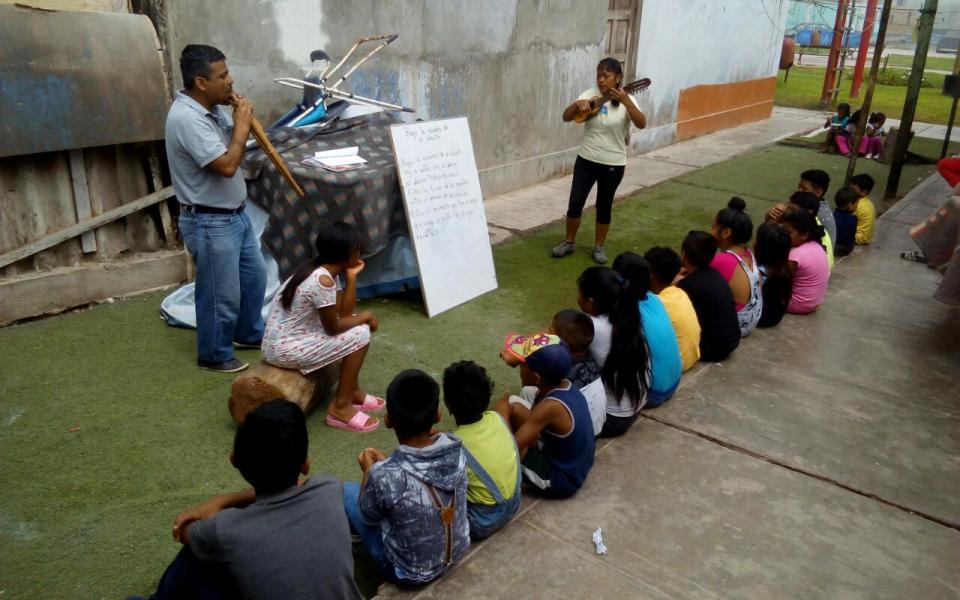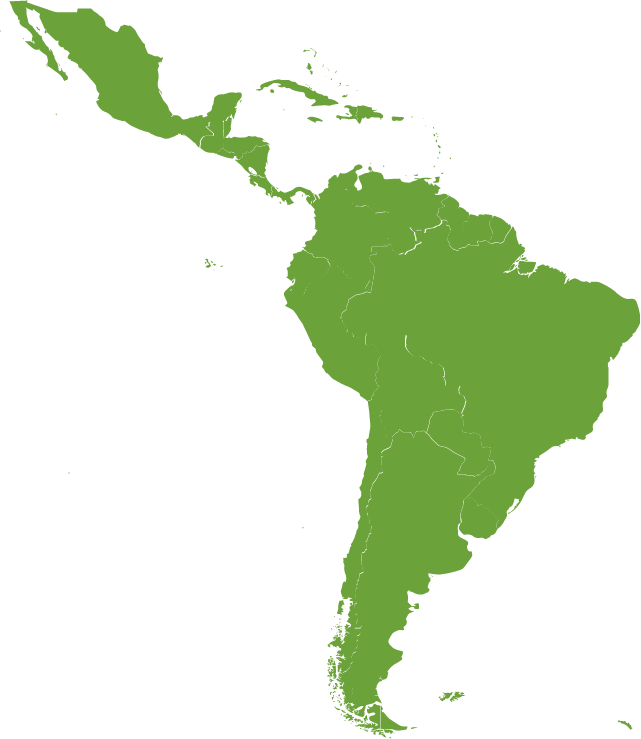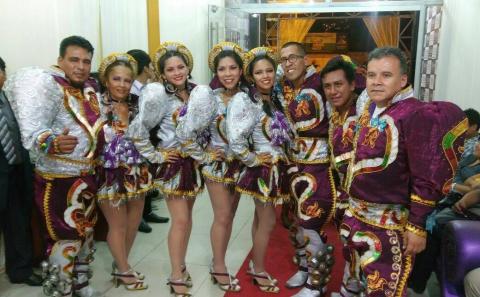
Often we never know about the transformations that take place because of a person’s connection with URI. Several years ago, Michael Ayala provided the URI community with a moving inside-look at his own transformative identity shift. Currently, Michael is a leader of the ETSA Cooperation Circle in Lima, Peru that directs efforts to forgotten social groups - children, HIV sufferers and women. He lives in one of the most violent places in Peru, where children live in conditions of extreme poverty.
The Voice of a Mestizo
The URI Assembly in Buenos Aires was one of the most wonderful experiences in my life. Learning about each Cooperation Circle was enriching, but what impacted me most was the presence of my indigenous brothers and sisters. I heard the voice of Alejandrino Quispe and the Quechua inheritance he still preserves. I heard the voice of Calixto Quispe, guardian of the Aymara culture, and the songs of Sofía Painiqueo. I heard the openness to the sacred from Fanny Avila and Yoland Treviño. Time will run short if I have to go into details of the shocking image of each of my brothers and sisters, whom I will always keep in my heart.
Suddenly, an element hidden until that moment came out of my heart. I, Henry Kurt Michael Ayala Alva, felt a thrill that reached the deepest corners of my being. A difficult question emerged: who was I in front of this heritage of the past?
I heard the words of my brothers and sisters. I saw the passion with which they referred to their traditions and I thought about my condition, my identity in my place in the regions of the Condor and the Eagle. Uncontrollable tears seized me because I belong to the third generation of Peruvians that left their homeland to live in the city of Lima. My great-grandparents, in the face of poverty, misery, exploitation and oppression by the big planters, were obliged to abandon their people, their lands, their culture and habits. They came to Lima with nothing in their pockets. I thought about my ancestors and this decision they had to take to save their lives.
I meditated about how they abandoned their ancient traditions. Little by little, they forgot their mother tongue and their habits. Relationship with other migrants in Lima resulted in the loss of their heritage. As a result, I, Henry Kurt Michael Ayala Alva, would never belong to the place that my ancestors had abandoned, would not use the Quechua language of my great grandmother from my father’s side or the Mochic from my mother’s side.
Suddenly, I was conscious that I didn’t belong to the marvelous indigenous world and that, at the same time, I would never be totally a member of the West and its culture. I was never more certain of my condition – my condition of Mestizo.
URI rises as a dream of brotherhood and offers an opportunity to unite diverse communities. But sometimes the pain is bigger, the foolishness more intense. Geographic distances are short compared to the deep grudges held by the Condor and the Eagle, the pain in the land of the Serpent that is touched with by the paw of the Puma.
I, Henry Kurt Michael Ayala Alva, heir of nothing and nobody, take my status of Mestizo. I declare myself a Mestizo because I cannot live and keep the manners of the fields and lands that my brothers and sisters in my beloved continent continue to work.
I declare myself Mestizo because I possess multiple heritages that are part of my whole being and which I can’t relinquish.
I declare myself a Mestizo and I give tribute to the ancestral legacy of this continent. I am not a direct heir, but the result of a mixture. I am ready to give my life to defend those indigenous traditions that still live in our continent. I am ready to offer my life so that the voice of the indigenous is never put off. I declare myself a Mestizo to be an authentic voice that defines itself, that is precise, and that doesn’t keep silence when work for unity is needed. With joy, I declare myself a Mestizo, and as such, I offer myself entirely to the URI dream.

